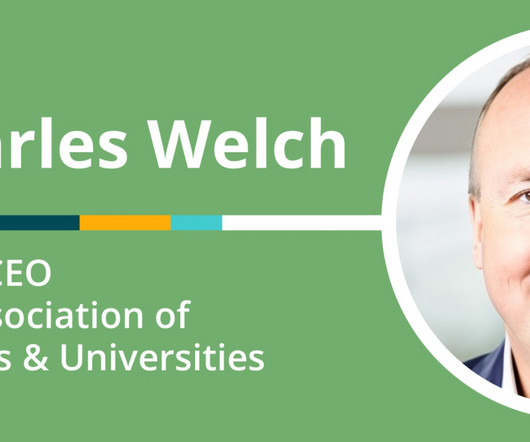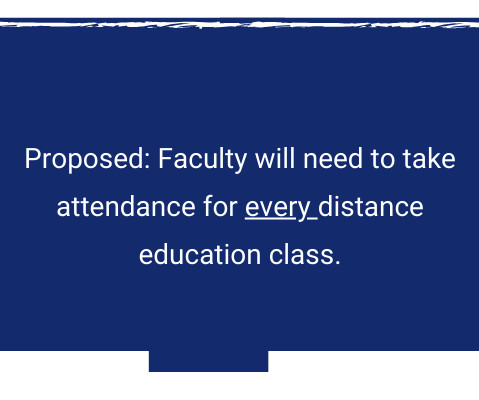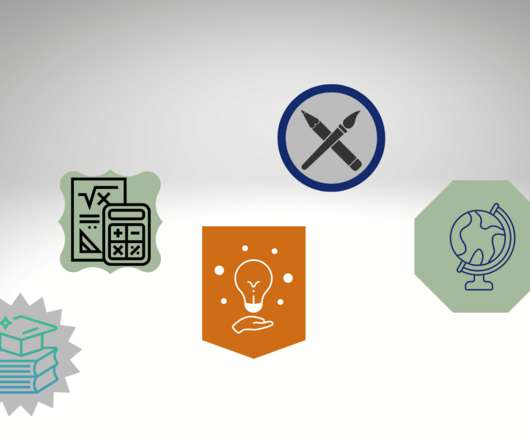Creating Meaningful Change in Higher Education
The Change Leader, Inc.
JANUARY 4, 2017
College and university leaders are seeking to create meaningful change in higher education while continuing to face demands to be more accountable. Congress is considering the Higher Education Reform and Opportunity (HERO) Act, parts of which move accountability to the state level. Is Higher Ed Meaningful?


















Let's personalize your content